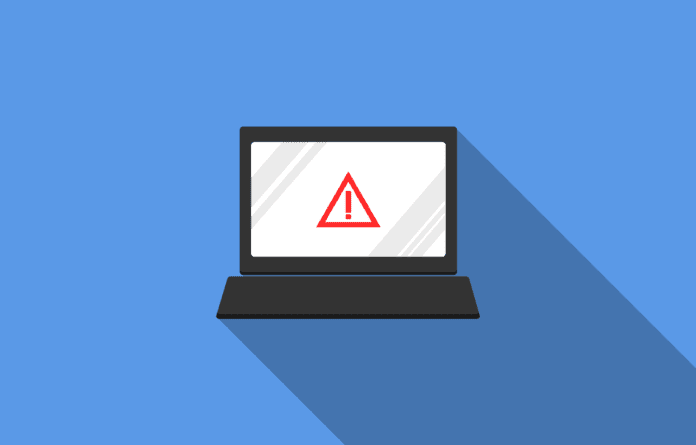ESET, a global industry-leading cyber security provider has called on public and private organizations to step-up their efforts in cybersecurity awareness training with the aim of ensuring a reduction to vulnerability and exposure to online attacks, data breaches and theft that leaves individuals and organizations vulnerable costing them millions in lost revenue and data.
According to the National Cybersecurity Report published by the Communications Authority of Kenya there have been approximately 38,776,699 cyber threats in the period between April & June 2021. This represents a 37% increase in threats detected between January & March. With the increase in work from home by organizations, the current state of cybersecurity in Kenya is open for disruption due to the increased online liability as more threats are present in our cybersecurity landscape.
With low or close to no checks and balances from individuals when connecting to open networks at malls, coffee houses, hotels and restaurants compounded by a lack of cyber security software leaves network and devices open for attack. The world over, technology is always evolving, and this has a direct impact on cybersecurity where malicious actors are constantly developing new ways of infiltrating systems. Research undertaken by Calvin Nobles shows that the mounting cyber-attacks, data breaches, and ransomware attacks are a result of human-enabled errors, in fact, 95% of all cyber incidents are human-enabled.
To thwart attacks or minimize their impact, the focus should be education of the end users. The cybersecurity training sets a foundation for protection, which then allows for the education on technology that can help safeguard the individual and organization. Individuals and companies should ensure they have endpoint security, network security, data encryption, system updates, backup and recovery, and multi-factor authentication. Furthermore, they can observe password hygiene by using strong passwords with a mixture of letters, numbers, symbols and changing passwords at least every three months.
Speaking on behalf of ESET East Africa, Ken Kimani the Channel Manager stated that “at the onset of the pandemic and working from home, ESET started offering free cybersecurity awareness training to ensure individuals can get the basics of online safety. So far over 600 individuals have done our free cybersecurity awareness training since its inception last year July. With the increase in cyber threats being reported in country, there can never be too much literacy and ESET is using tools such its education portal for customers and partners. For the children, the Safer Kids Online Initiative seeks to educate them through the aid of parents, guardians and teachers on how to operate safely while being online.
Unfortunately, malicious attackers will not relent in their efforts to steal individual and organizational data and with close to 95% of all cyber incidents being human enabled, the first line of defence towards cyber security is ensuring proper training, setting up of credible cyber security software and engaging with professionals on the same






